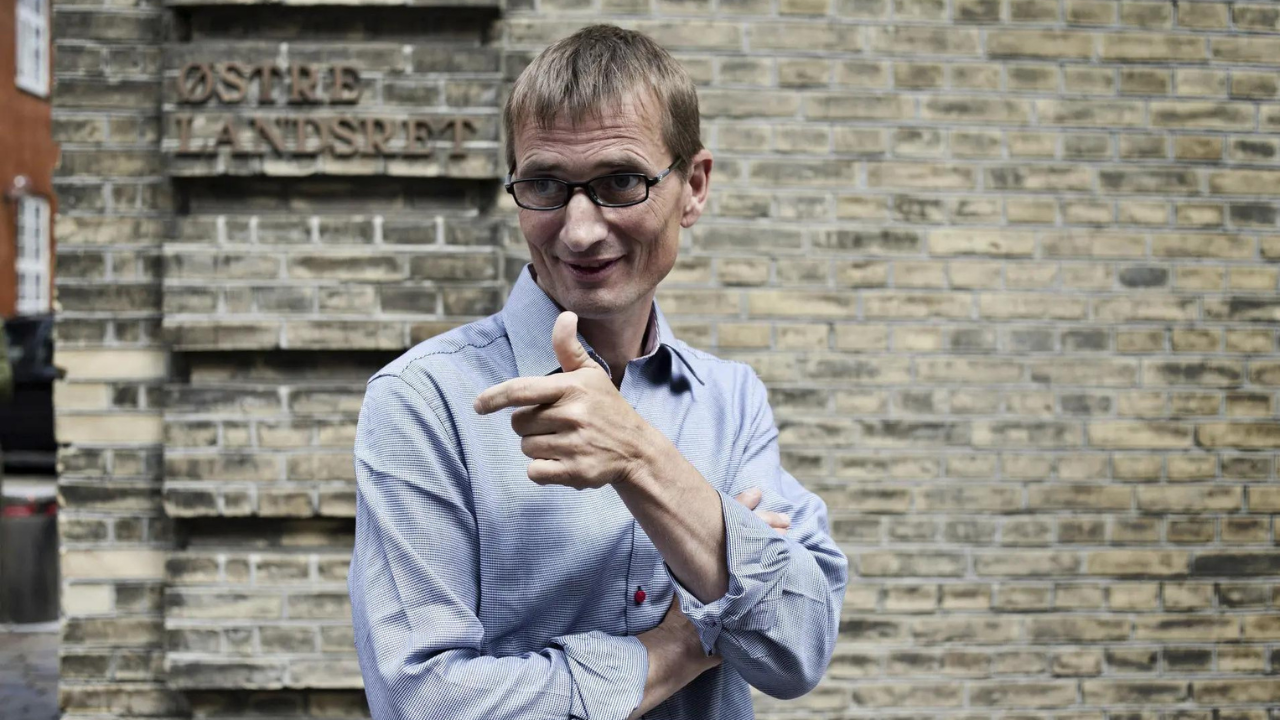NEW DELHI: A Danish court on Thursday turned down India’s request to extradite Niels Holck, accused of air-dropping four tonnes of weapons in West Bengal’s Purulia in 1995.
The court said that there is a possible risk Holck would be subjected to treatment that violates the European Convention on Human Rights if he were sent to India, despite India’s diplomatic assurances that he would be housed in a special detention centre during the criminal proceedings, potentially accompanied by Danish police officers as observers.
India has been seeking Holck’s extradition for several years to face trial on suspicion of arms smuggling. Holck had previously admitted to a Danish court that he was part of a seven-member group responsible for smuggling weapons into West Bengal on a Russian cargo plane on December 17, 1995.
The illegal arms drop, known as the Purulia Arms Drop, occurred in the Purulia district of West Bengal on December 17, 1995. The weapons were dropped from an Antonov An-26 aircraft before an Indian Air Force aircraft intercepted it.
Five Latvian citizens and Peter Bleach, a British citizen and former Special Air Service officer, were arrested after the Indian Air Force intercepted their returning plane, while ‘Kim Davy’ alias Niels Holck, escaped. All of them were sentenced to life imprisonment in 2000 but eventually released.
Meanwhile, Holck was arrested later in Denmark in April 2010 following a deal with India over the terms of his extradition, including a promise that he would not be given the death penalty and would serve any sentence in Denmark.
However, a Danish district court in 2011 overturned the authorities’ decision, saying he risked mistreatment in India. An appeals court later upheld the district court’s ruling.
India’s initial extradition request for Holck was made in 2002. Although the Danish government agreed, two Danish courts rejected the extradition, citing concerns that Holck would face torture or other inhumane treatment in India. In June 2023, Denmark revisited a 2016 Indian extradition request, stating that the requirements in the extradition act had been met.
The court said that there is a possible risk Holck would be subjected to treatment that violates the European Convention on Human Rights if he were sent to India, despite India’s diplomatic assurances that he would be housed in a special detention centre during the criminal proceedings, potentially accompanied by Danish police officers as observers.
India has been seeking Holck’s extradition for several years to face trial on suspicion of arms smuggling. Holck had previously admitted to a Danish court that he was part of a seven-member group responsible for smuggling weapons into West Bengal on a Russian cargo plane on December 17, 1995.
The illegal arms drop, known as the Purulia Arms Drop, occurred in the Purulia district of West Bengal on December 17, 1995. The weapons were dropped from an Antonov An-26 aircraft before an Indian Air Force aircraft intercepted it.
Five Latvian citizens and Peter Bleach, a British citizen and former Special Air Service officer, were arrested after the Indian Air Force intercepted their returning plane, while ‘Kim Davy’ alias Niels Holck, escaped. All of them were sentenced to life imprisonment in 2000 but eventually released.
Meanwhile, Holck was arrested later in Denmark in April 2010 following a deal with India over the terms of his extradition, including a promise that he would not be given the death penalty and would serve any sentence in Denmark.
However, a Danish district court in 2011 overturned the authorities’ decision, saying he risked mistreatment in India. An appeals court later upheld the district court’s ruling.
India’s initial extradition request for Holck was made in 2002. Although the Danish government agreed, two Danish courts rejected the extradition, citing concerns that Holck would face torture or other inhumane treatment in India. In June 2023, Denmark revisited a 2016 Indian extradition request, stating that the requirements in the extradition act had been met.
